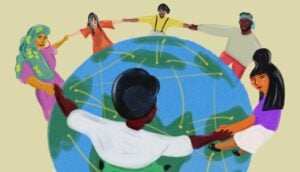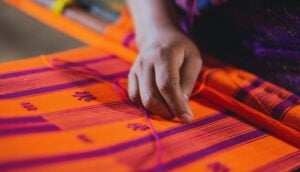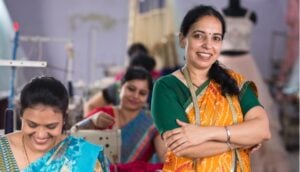George Soros heralds Africa as the last bright light on the economic horizon. It is boom time for companies wanting to grow their market share – and mobile is the only true mass media channel in Africa to speak of. Juxtapose the Triple Bottom Line principle and the well accepted term “doing good is good for business” and you’re looking at a compelling opportunity.
This blog (the fourth of a series of blogs from Every1Mobile) touches on the converging of business and the development sector in the quest for, traditionally, very different goals.
To set the scene:
– Africa’s consumer spending will double by 2020 to $1.4 trillion
– 128 million African households will have a discretionary income in 2020
– mHealth in Africa is set to reach $1.15 billion by 2017
– mEducation in Africa will be a $1 billion market opportunity by 2020.
We are starting to see that “Mobile4Development” (M4D) is no longer a territory reserved for development agencies and NGOs. Commercial companies are becoming increasingly prominent stakeholders and shrewd marketers in delivering solutions, campaigns and services that positively impact lives via mobile.
For some, the benefits are increased market share, for others, market insights and research, and in some cases qualified leads and direct B2C sales. Of course, many Corporate Social Responsibility programmes are still firmly committed to contributing to the development agenda, but even the internal lines there are beginning to blend into marketing and advertising budgets.
And so they should.
Is the ideal scenario not that Miss Machaba, a young woman starting up a small business in Polokwane, benefits from gaining access to free financial literacy training and mentorship via mobile, and at the same time a commercial company, funding the delivery of that service, benefits from educating a qualified potential client about their financial products and services?
Working in the business development side of the company, I can say that Every1Mobile is experiencing an escalating demand for designing and running campaigns and programmes of this nature. As a whole, this idea is certainly graduating from “toe in the water” phase, to major funders insisting on scalable private/public partnerships, measurable impact and business models – as criteria.
My crude view on the consequences of dividing, as opposed to converging around Mobile4Development is:
– Mobile commercial marketing becomes invasive, bombarding users with banner ads and marketing SMSs of no value to the end user resulting in low conversion rates.
-Mobile projects with great innovation and impact that never emerge beyond a pilot because they simply cannot scale or be sustained.
The real opportunity lies in collaborating to deliver sustainable, user-centric, value add products and services, helping people enter the formal economy through education, health and jobs – and essentially become more active consumers.
We find ourselves in a position where we may be able to actively shape the ways in which consumer-driven activities are being carried out in the global South, with the end goal of entrenching social responsibility in mass media in a way that never had a chance to happen in Europe or the US.
In 2011 the UN declared access to the internet a human right. From this came Internet.org and Microsoft’s 4Afrika initiative among others, to bring broadband to unserved areas, mobile first. Clever marketing campaigns also hit the scene: MTN Uganda’s promotion to offer free internet browsing to their customers to access health information on measles vaccinations resulted in a 60% increase in data download traffic, 31% increase in data subscribers and 100% increase in bundle subscribers.
Commercial companies may not typically be qualified to deliver health or education content or understand complex social needs on the ground. But the Development sector does. Equally, the Development sector strengths do not always lie in optimising mobile technology or innovative, cutting edge creative.
Through the launch of its new Business and Development Centre, The Institute of Development Studies at Sussex University is documenting best practice and challenges around the role of Business in social change, and I have no doubt that mobile will play a profoundly central role in delivering successful and effective long-term, systemic engagement and impact.
Africa’s hard-to-reach demographic – and one that we have a universal commitment to reach as laid out in the Millennium Development Goals – is in high demand and is equally highly demanding of products and services delivered by mobile that are localised, accessible and make a meaningful difference in their lives.










